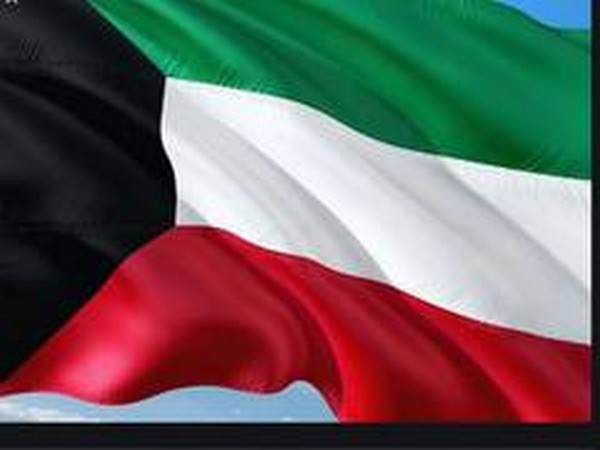UN Expert Praises Kuwait’s Legal Reforms, Urges Stronger Action on Women’s Rights
Alsalem welcomed Kuwait’s progress in strengthening its legal framework to protect women and girls from discrimination and violence.

The State of Kuwait has made significant strides in advancing the rights of women and girls through recent legal reforms and institutional initiatives, according to Reem Alsalem, the UN Special Rapporteur on violence against women and girls. In her end-of-mission statement following an official visit, Alsalem commended Kuwait for aligning its efforts with Vision 2035 and its international human rights commitments, while also highlighting areas requiring urgent attention.
Landmark Legal Reforms
Alsalem welcomed Kuwait’s progress in strengthening its legal framework to protect women and girls from discrimination and violence. Key reforms include:
-
The 2020 Domestic Violence Law, which established protections against abuse within families.
-
The 2025 Penal Code reform, which abolished leniency provisions for so-called “honour crimes,” marking a decisive break from a harmful legal tradition.
-
Reform of the Personal Status Law, raising the minimum age of marriage to 18 for both men and women, an important step toward equality.
“These are important legal milestones that reflect Kuwait’s growing commitment to gender equality and the elimination of harmful practices,” Alsalem said.
Implementation Gaps and Institutional Weaknesses
While praising the reforms, Alsalem cautioned that laws alone are not enough without effective implementation. She stressed that the institutional system for preventing and responding to gender-based violence must be reviewed and strengthened to close enforcement gaps.
“The priority must be to centre survivors of violence by creating better conditions for them to come forward to report, pursue justice, and receive protection and support,” she noted. This requires expanding survivor-centered services such as shelters, counseling, and legal aid, and fostering stronger partnerships between government and civil society.
She also highlighted the need to address emerging challenges, including sexual harassment and digital violence, which are increasingly affecting women and girls in Kuwait.
Concerns Over Nationality Revocations
The Special Rapporteur expressed deep concern about the revocation of Kuwaiti nationality from tens of thousands of individuals, which has disproportionately affected women who obtained nationality through marriage.
“This unprecedented move has had devastating consequences for women, stripping them of legal status and stability and leaving them in shock and grief,” Alsalem said. She called for transparent appeals processes, independent oversight, and expanded support services to help affected women and their families cope with the fallout.
Marginalised Groups Face Barriers
Alsalem also observed that non-Kuwaiti women and girls, including those living irregularly or without legal residency, continue to face obstacles in accessing services, protection, and justice. She urged authorities to ensure that all women, regardless of nationality or legal status, can benefit from Kuwait’s reforms and protections.
Humanitarian Commitment Recognised
Despite challenges, Alsalem praised Kuwait for its solidarity and humanitarian contributions, noting that the country has maintained a strong record of supporting humanitarian work at a time when global funding is shrinking.
Broad Engagement During Visit
During her mission, Alsalem visited several governorates, meeting with government officials, civil society organisations, academics, international partners, and survivors of violence. She said these exchanges provided valuable insights into both Kuwait’s achievements and the areas where reform is still needed.
Next Steps
Alsalem will present a comprehensive report on her visit to the UN Human Rights Council in June 2026, offering detailed recommendations on how Kuwait can build on its progress to further strengthen the protection and empowerment of women and girls.










